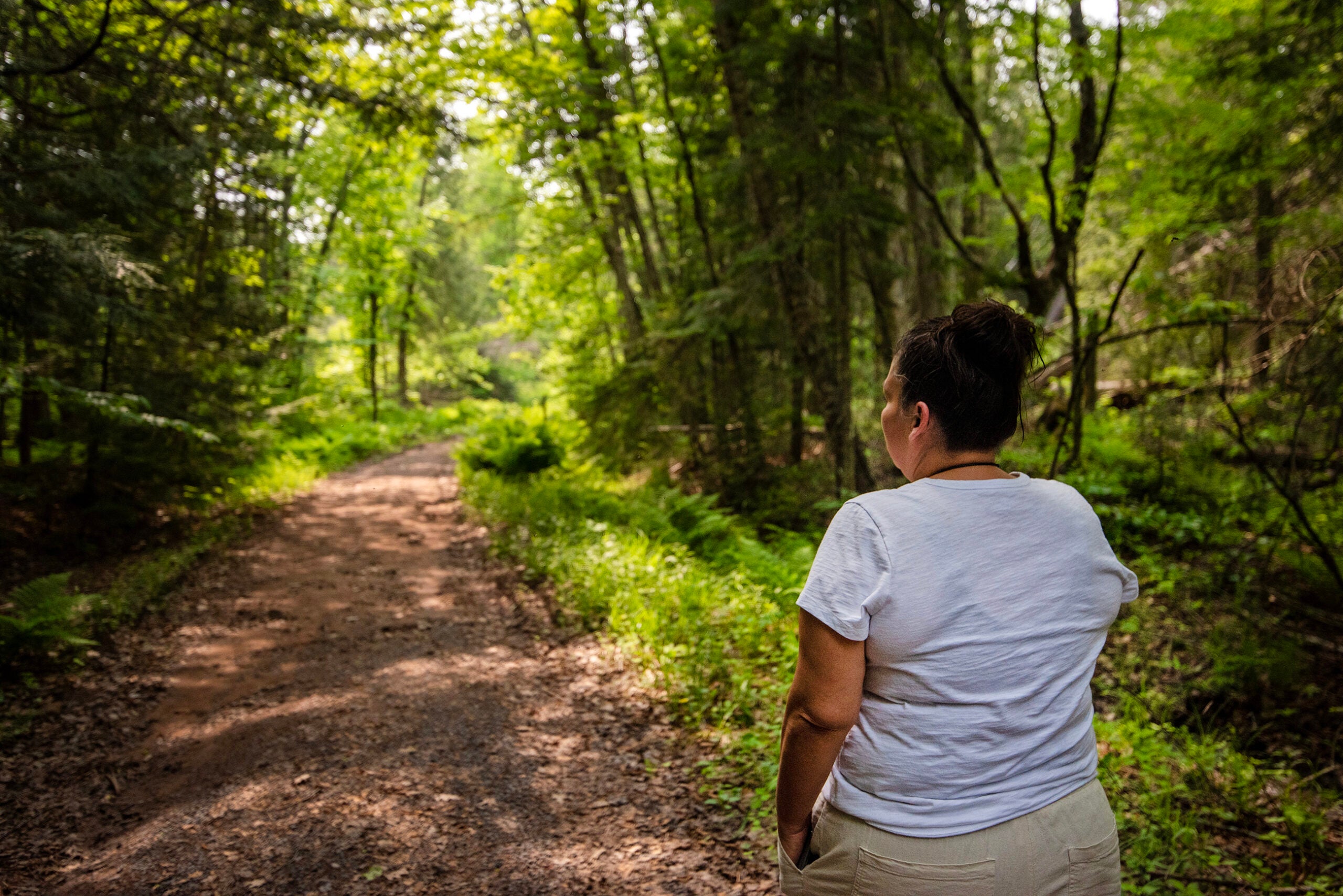We find out about the latest research into how the drug MDMA can affect the brain. We also talk with the author of a book correcting the inaccurate history of the Red Cliff Ojibwe in Wisconsin. Plus, we celebrate the value of exploring new places on foot.
Featured in this Episode
-
The healing potential of MDMA
MDMA, also known as ecstasy or Molly, is a party drug and a Schedule I substance. But scientists are finding that the drug has massive potential when it comes to healing trauma, depression, addiction, eating disorders and more. We talk to a journalist who’s explored the drug from every angle about what research about MDMA is teaching us about our brains and healing.
-
Correcting the history of Red Cliff Ojibwe in Wisconsin
A historian who is a citizen of the Red Cliff Band of Lake Superior Ojibwe wrote a book correcting the inaccurate history of his tribe’s land in northern Wisconsin and other parts of the Great Lakes region. He joins us to discuss his research that has been named a finalist for a Pulitzer Prize.
-
Psychogeography: walking to encounter the unexpected in familiar places
How well do we really know our own neighborhoods? When we stick to our paths most-traveled—between work, home and the store—we miss out on discovering the unexpected beauty around us. We talk to a Wisconsin artist about the practice of psychogeography, and taking walks to find inspiration in familiar places.
Episode Credits
- Rob Ferrett Host
- Rachel Nuwer Guest
- Michael Witgen Guest
- Jeremy Wineberg Guest
- Colleen Leahy Producer
- Tim Peterson Producer
Wisconsin Public Radio, © Copyright 2026, Board of Regents of the University of Wisconsin System and Wisconsin Educational Communications Board.






